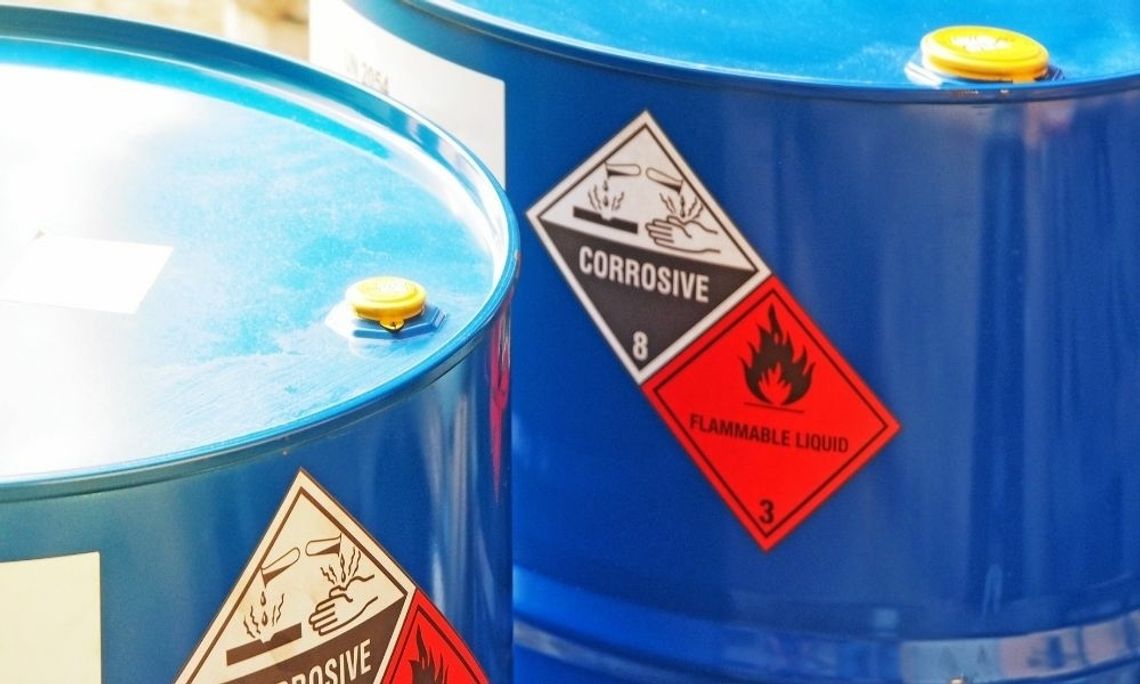Industrialization has played a significant role in modern society through job creation, mass production, and improved productivity. In turn, it has led to the increase in hazardous waste, which poses a significant risk to people’s health and the environment at large.
Even though there are regulations on how industries should handle hazardous waste, many of them still dispose of the byproducts inappropriately, causing devastating health and environmental damage. But what are the effects of hazardous waste, exactly? Read on to learn more.
1. Water Contamination
Because water is a solvent, some forms of waste have an easier time getting into water sources. When debris washes down into groundwater or combines with rainwater, it poses a significant danger to humans and animals. Contaminated water can cause illnesses and other long-term health problems. When industries dispose of hazardous waste properly, it helps people avoid these issues.
2. Air Contamination
Hazardous waste contaminates the air we breathe when factories release harmful chemicals into the atmosphere. Contaminated air causes a plethora of respiratory and health problems, including but not limited to:
- Difficulty breathing
- Pneumonia
- Lung cancer
3. Destruction of Aquatic Life
A lot of life-forms live in our water sources. Dumping hazardous waste into bodies of water can have detrimental effects on plant and animal life. Toxic products can kill aquatic organisms and cause long-lasting environmental damage. These chemicals can also transfer to human beings, especially those who consume fish from contaminated bodies of water.
4. Soil Contamination
Soil plays a significant role in agriculture, and many organisms call it home. Hazardous waste contaminates soil and disrupts growing processes that produce essential crops. Toxic chemicals also change the soil composition and kill important microorganisms responsible for decomposition and bacteria resistance. Contaminated soil makes farming endeavors difficult and puts strain on our food supply chain.
Knowing what the effects of hazardous waste are is essential to improving environmental conditions. Industries can make fundamental changes by being mindful of their toxic byproducts and dealing with them in a way that doesn’t harm communities and ecosystems.


Comment
Comments